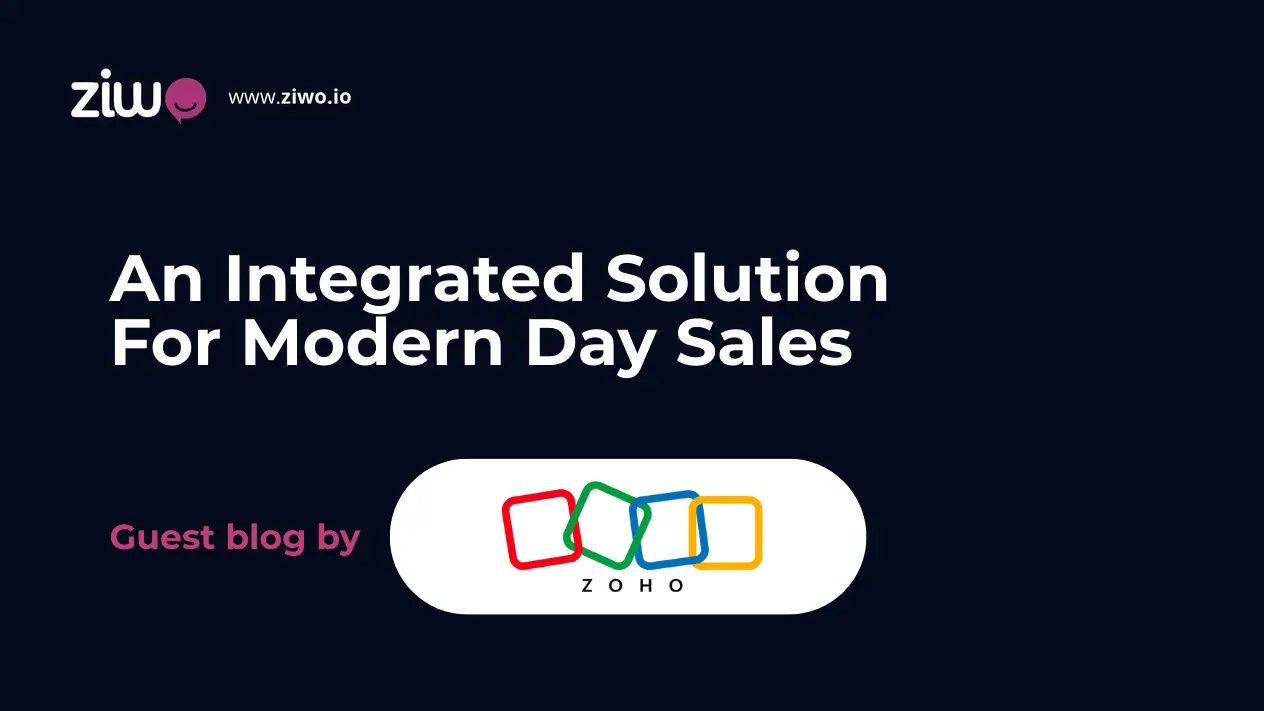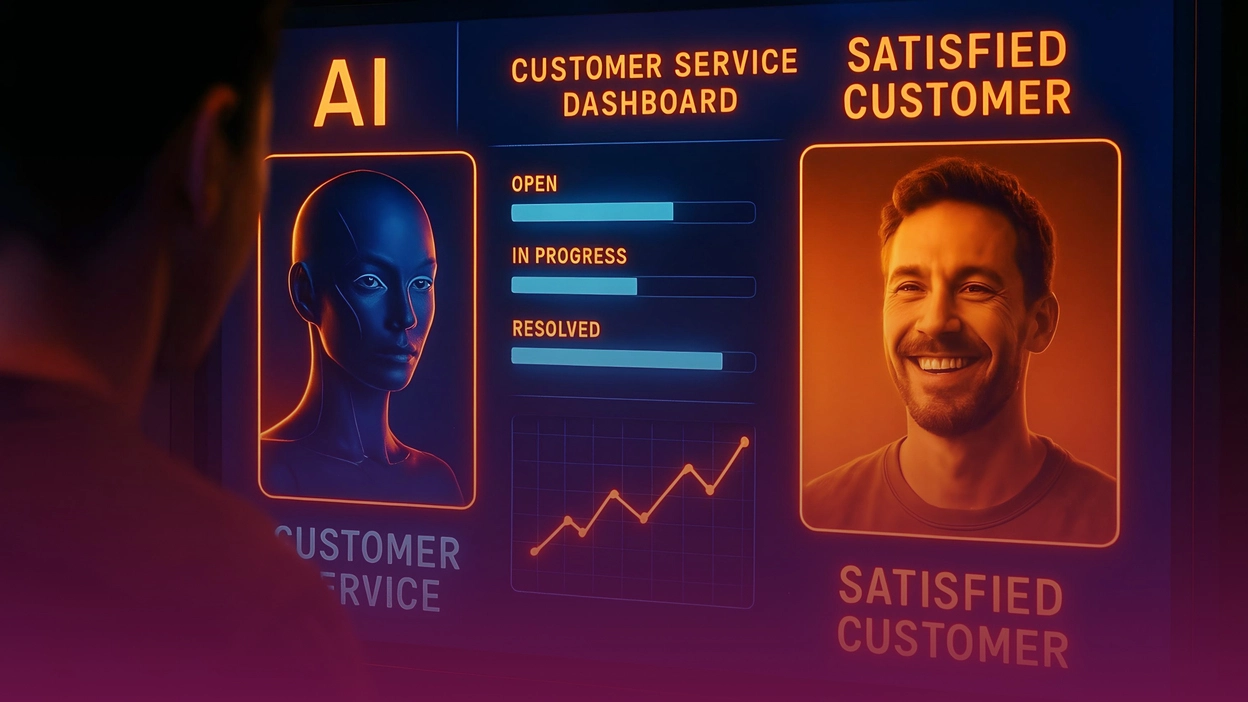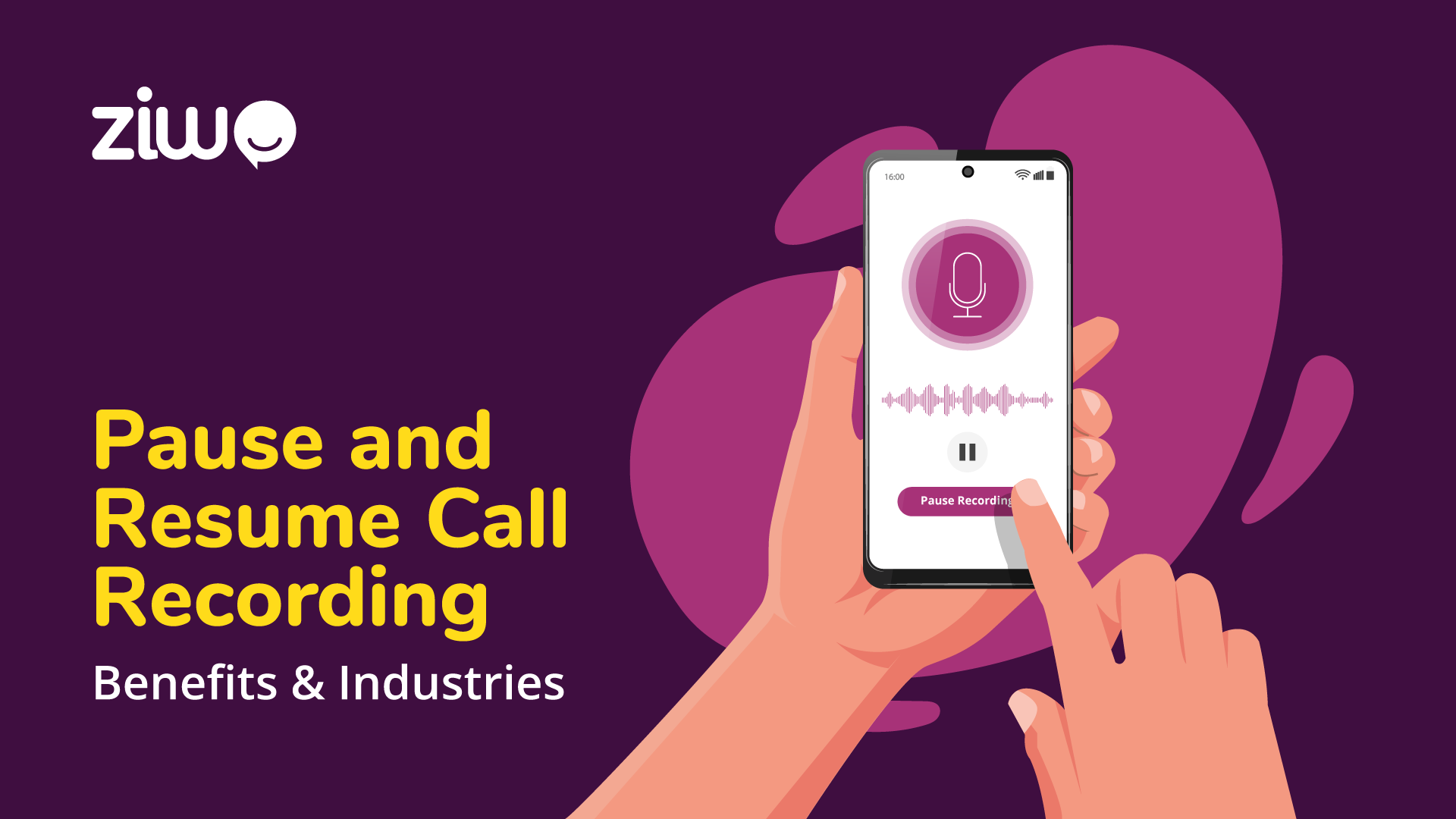
Businesses commonly use the practice of manually pausing and resuming call recordings during sensitive parts of a conversation, such as when customers provide their credit card details or other sensitive information, to protect customer data and ensure compliance with privacy and security regulations.
Importance of Pause and Resume Call Recording
Data Security and Privacy Compliance
Many businesses are required to adhere to data protection laws and industry regulations e.g., GDPR, HIPAA, and PCI, that mandate the secure handling of sensitive customer information. Manually pausing call recordings during the exchange of such data helps maintain compliance by ensuring that this data is not captured or stored in the recording.
Customer Trust
When customers are aware that your business doesn’t record their sensitive information, it can boost their trust. They are more likely to share personal details, such as credit card numbers, when they have confidence in the secure handling of their data.
Data Minimization
Adopting the practice of pausing and resuming recordings aligns with the principle of data minimization, which is a fundamental aspect of data protection. Only recording necessary information minimizes the risk associated with storing sensitive data.
Customer Experience
Pausing and resuming call recordings is a subtle way to improve the customer experience. Customers may feel more comfortable sharing sensitive information if they know it won’t be part of a recorded conversation, leading to smoother interactions.
Employee Training and Quality Assurance
While you don’t record sensitive data, you can still use the rest of the call for employee training and quality assurance purposes. Supervisors can review these recordings to provide feedback and improve customer service without compromising security.
Which Industries Use Pause/Resume Call Recording?
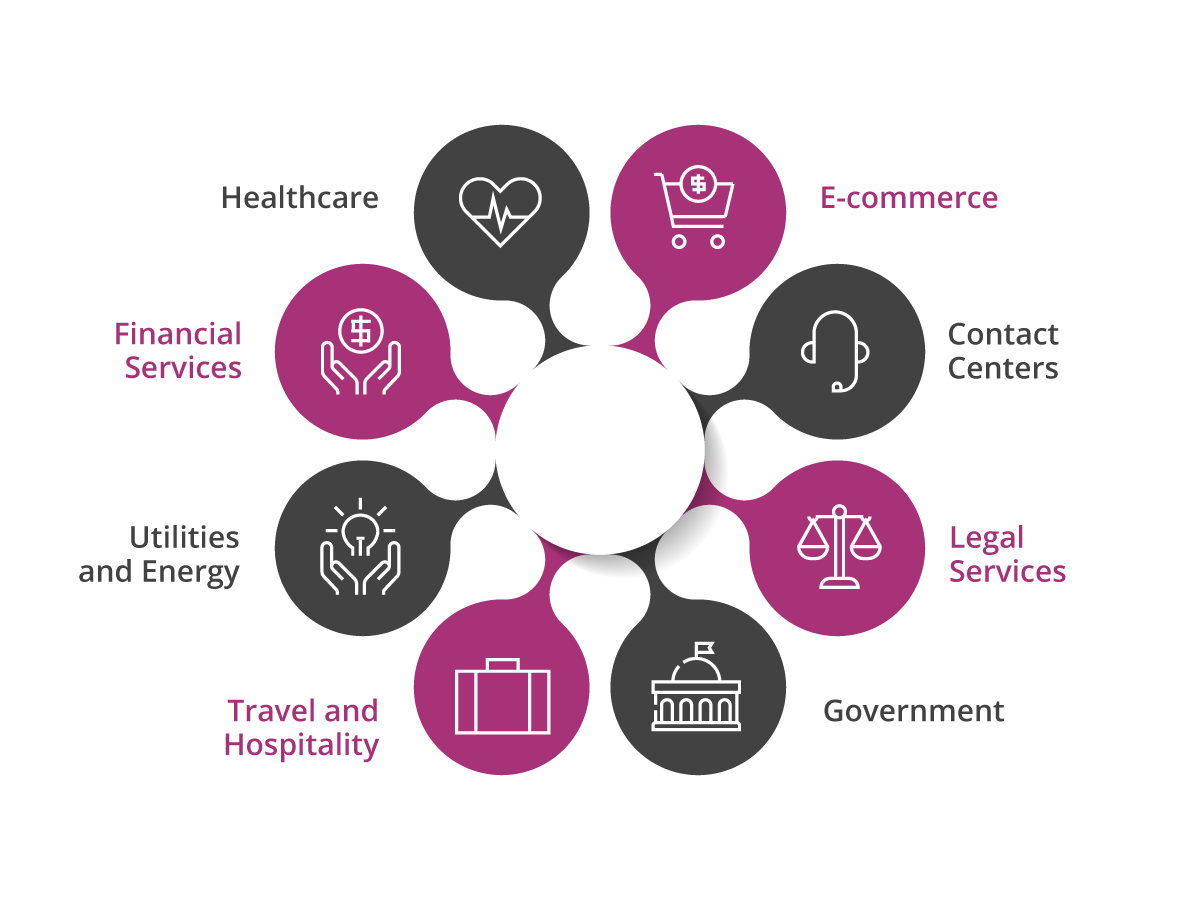
Certainly, in specific scenarios, such as when gathering a customer’s confidential financial or credit details or when handling a patient’s sensitive health information, call centers must refrain from recording certain portions of a call. Let’s explore examples of industries that greatly benefit from this important feature:
Financial Services: This industry includes banks, credit unions, insurance companies, and financial advisory firms. Often, agents pause or redact call recordings when customers provide sensitive financial information, such as credit card numbers, verification numbers, or bank account details.
Healthcare and Telemedicine: In healthcare, medical practices, hospitals, and telemedicine services, call recordings are typically paused when patients provide their medical history, diagnosis, or any other sensitive health-related information.
E-commerce: Online retailers often pause call recordings when customers share their credit card information for purchases. Protecting customer payment data is critical in e-commerce to comply with Payment Card Industry Data Security Standard (PCI DSS) requirements.
Customer Support and Contact Centers: Industries that rely heavily on customer support, such as telecommunications, technology, and utilities, may pause call recordings when customers provide personal data, including account numbers or billing information.
Government and Public Services: Government agencies and public services that handle personal information may pause call recordings when people provide sensitive data during interactions, such as when applying for government benefits or discussing legal matters.
Travel and Hospitality: In the travel industry, especially in hotels and airlines, agents pause call recordings when customers provide passport information or other personal details for reservations or travel-related inquiries.
Utilities and Energy: Companies in the utilities and energy sector may pause call recordings when customers share billing information, account numbers, or other sensitive data during customer service interactions.
Legal and Financial Consulting: Professionals like attorneys, accountants, and financial consultants often pause call recordings when clients discuss sensitive financial or legal matters.
Let Agents Pause and Resume Call Recordings with ZIWO
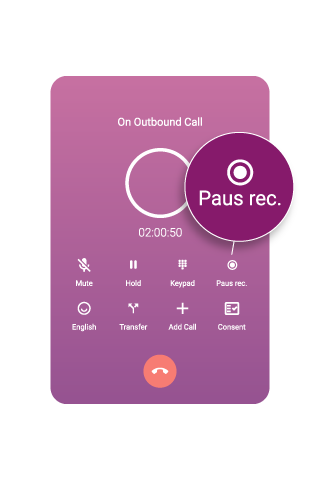
In the user-friendly ZIWO admin interface, administrators have the capability to enhance their agents dialpad experience. They can achieve this by seamlessly incorporating the “Call Controls” component, which empowers agents with an array of functionalities. This enables agents to effectively pause and resume recordings, ensuring a more controlled and organized approach to managing call content, which can be vital for quality assurance, data privacy, and compliance with industry standards.
>
Try It now for free! Click here for a 14 days trial!



